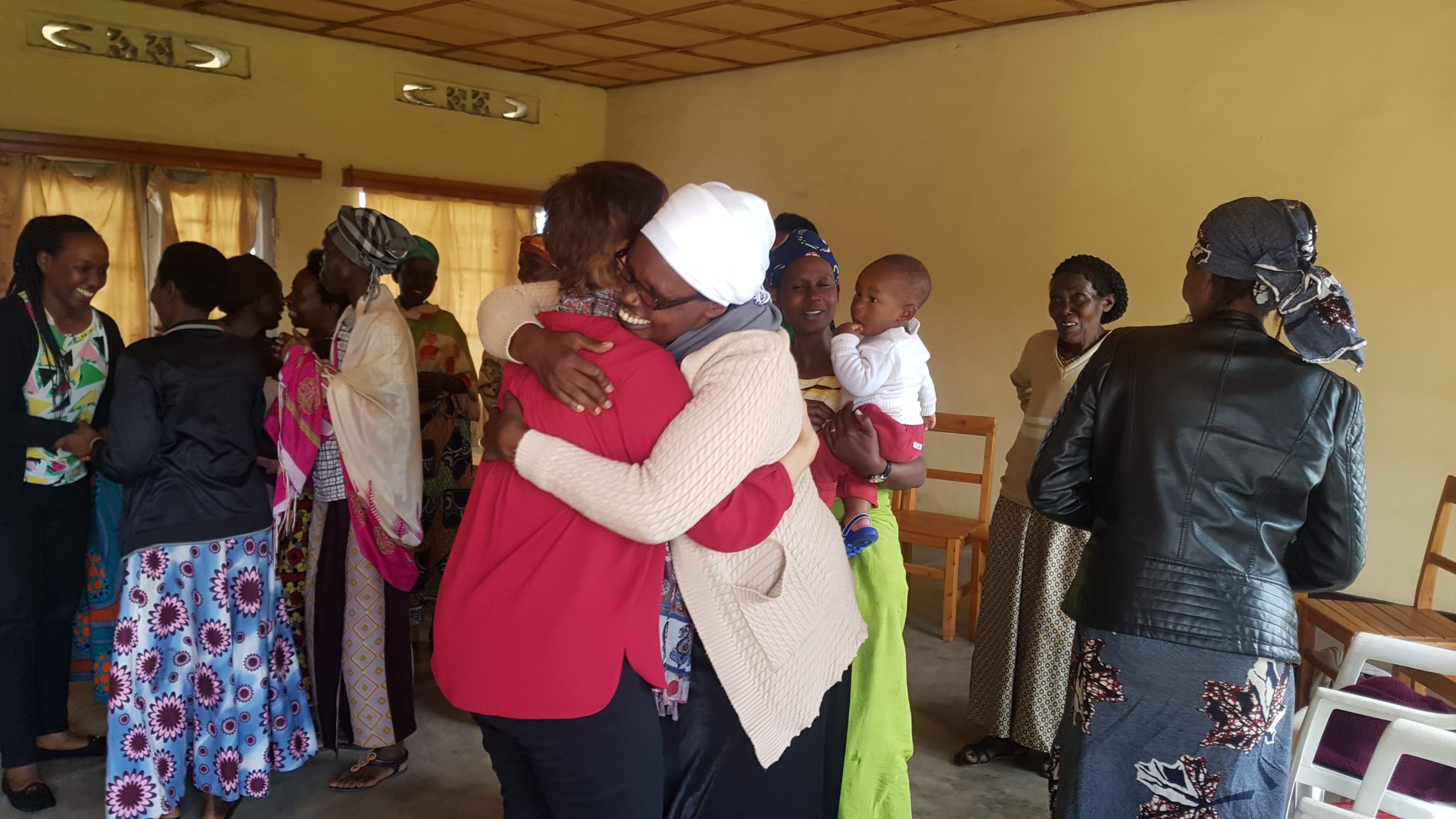Remembering the victims of the Genocide against the Tutsi in times of COVID-19

On this anniversary of the 1994 Genocide against the Tutsi, we reaffirm our solidarity with the people of Rwanda. This week in April is a period that stirs deep emotions. It reminds us of the power and responsibility of memory and of the humble lesson that healing cannot be forced or rushed.
The COVID-19 crisis that is gripping much of Asia, Europe and North America has only just begun its calamitous expansion into Africa. The quiet but deadly progression of the disease is generating considerable fear, mistrust and anxiety. Dangerous rumors and viral misinformation on social media are only compounding the problem. To make matters worse, the families of those succumbing to the virus are further traumatized by the inability to participate in the final rites of their loved ones. They are being robbed of the chance to mourn the dead and to console, embrace and care for those left behind.
For the world, this is a particularly tough time. For Rwandans, it is even harder. The COVID-19 crisis will make the mourning process more difficult for survivors and for the rest of the Rwandan community.
According to the Ministry of Health, over 1 million Rwandans, or close to 10% of the population, exhibit serious and pressing needs for mental health support. Evidence shows that numerous Rwandan children display similar symptoms, victims themselves of an inter-generational transmission of trauma related to the Genocide against the Tutsi. Too young to have lived through the events of 1994, the very presence of their symptoms are the strongest possible clarion call for us to invest whatever it takes to treat victims of trauma on a national scale, lest the neglect of those wounds impact generations down the line.
Through numerous initiatives at the family, community and national levels, Rwandans continue to demonstrate extraordinary determination to overcome the impact of the Genocide against the Tutsi. Interpeace is humbled to be partnering with the Ministry of Health of Rwanda in order to extend support to trauma healing for reconciliation nation-wide. By addressing these invisible but deeply felt wounds, our partnership with the government will help to support the remarkable progress Rwanda has made over the last twenty-six years.
As we observe this International Day of Reflection on the Genocide against the Tutsi, we renew our commitment to work with the Rwandan people and their government and to learn from their extraordinary resilience.
Scott M. Weber
President, Interpeace
7 April, 2020

Photo credits: Interpeace.
